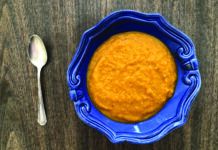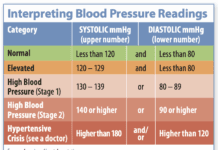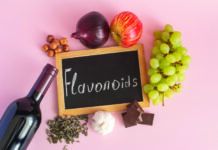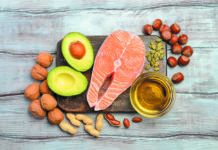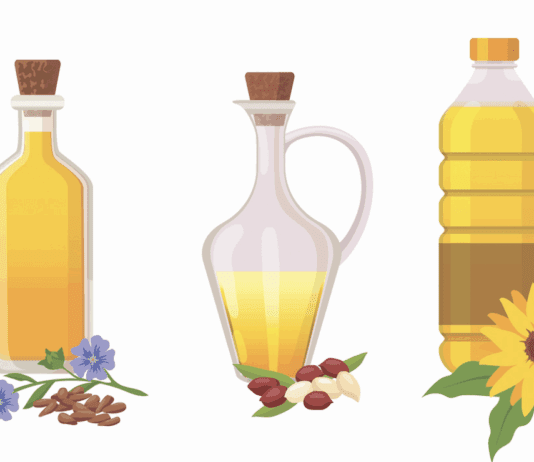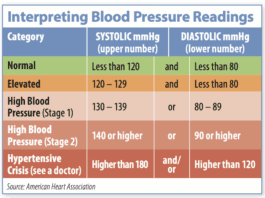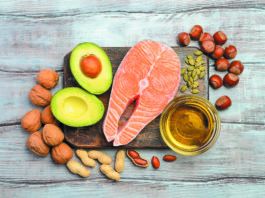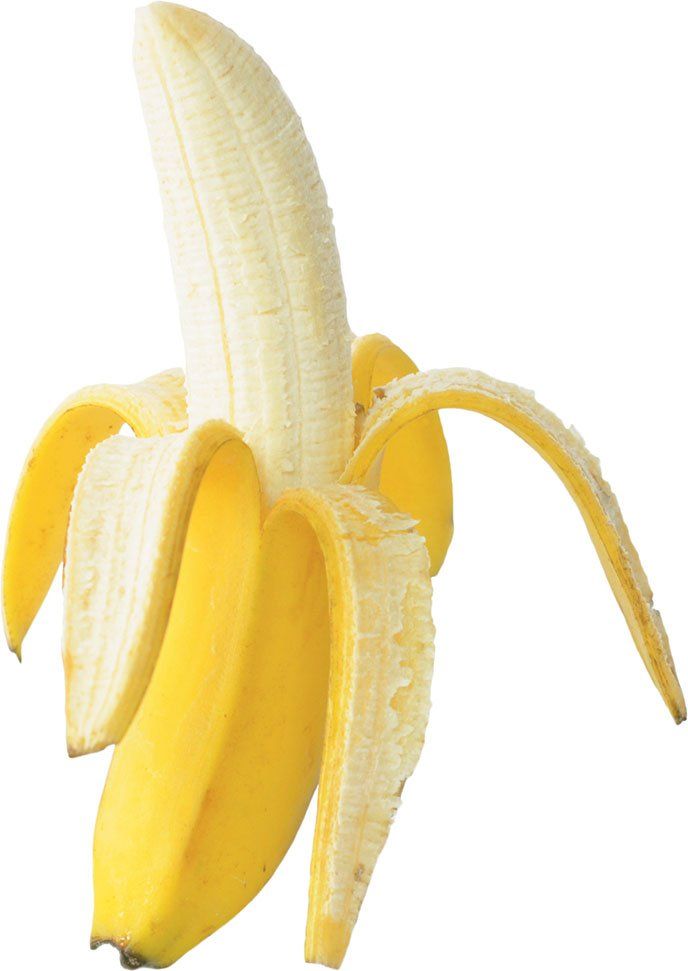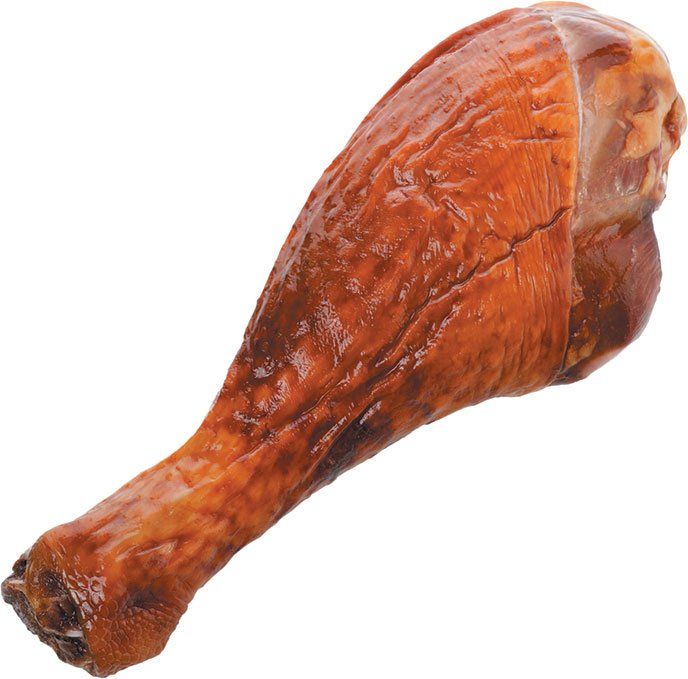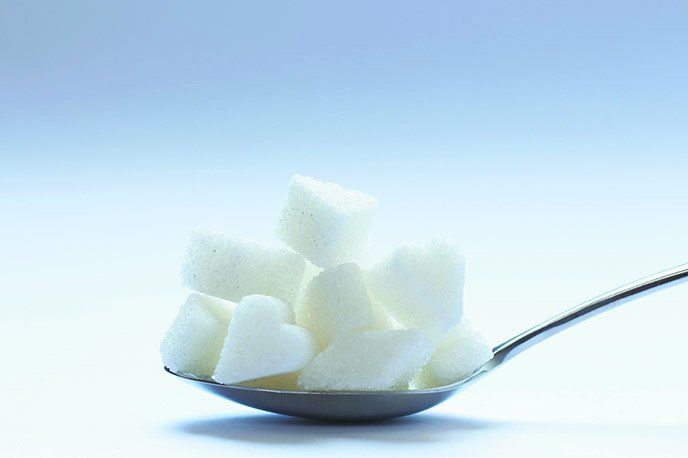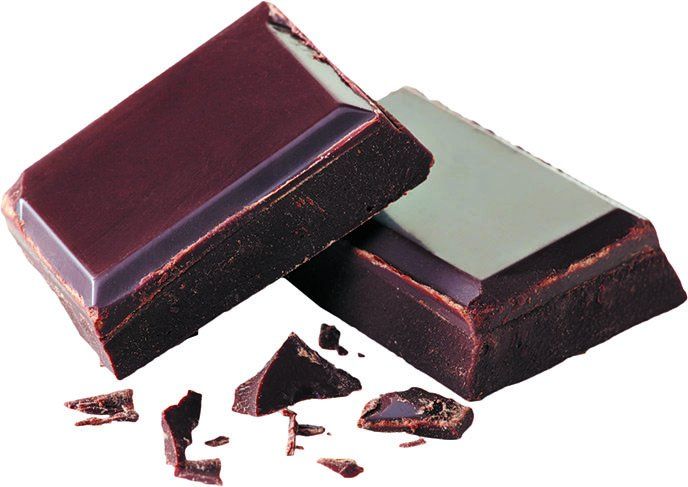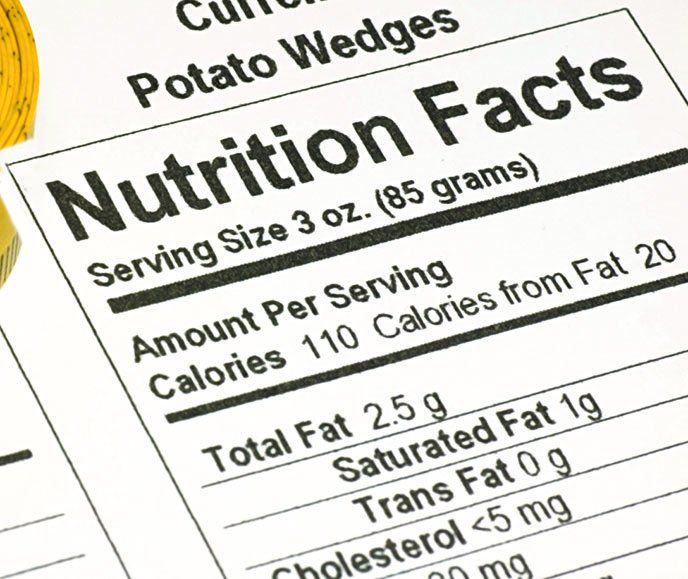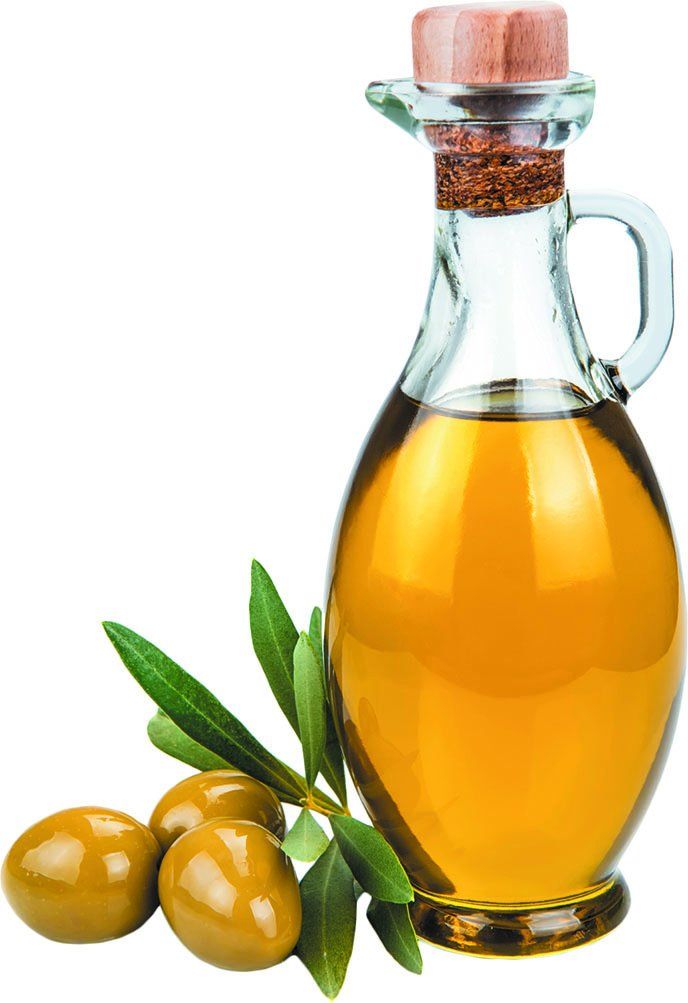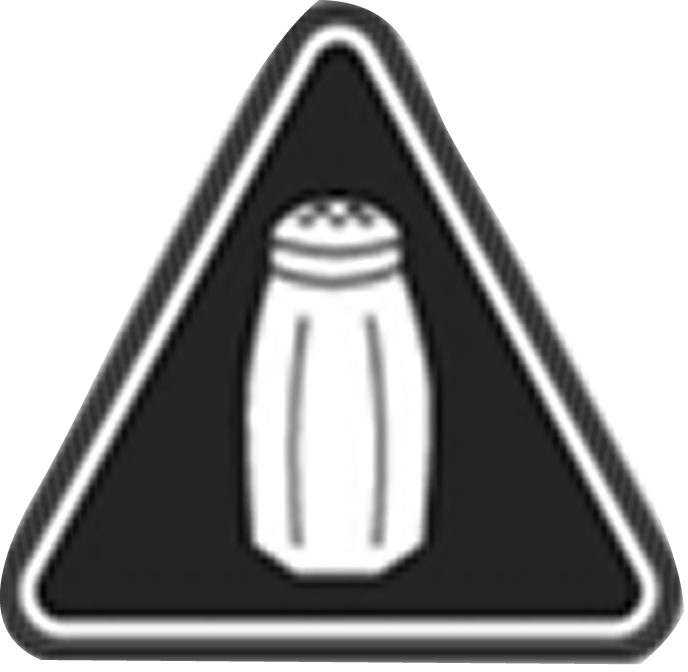Rethinking Protein Needs for Older Adults
Most of the soaring popularity of protein in US supermarkets can be dismissed as marketing hype. Although a new report from Packaged Facts says protein is currently the hottest functional food ingredient trend in the US, the truth is that most Americans get plenty of protein without any special dietary boosts.
Protein Basics
What exactly is protein? Some experts say its best to think of protein as a combination of up to 20 individual nutrients called amino acids, which are the building blocks of proteins and play various key roles in human metabolism.
Minerals Linked to Fewer Strokes
Are you getting the minerals in your diet that you need to help reduce stroke risk? In a new look at data on more than 180,000 women in the Nurses Health Study, combined intake of magnesium, potassium and calcium was associated with lower stroke risk. Separately, participants with the highest intake of magnesium and potassium, but not calcium, were also at lower risk.
Do Spicy Foods Really Help You Live Longer?
The nations chile heads rejoiced recently over red-hot headlines linking consumption of spicy foods with lower mortality risk. In a Chinese study of 487,375 people, ages 30 to 79, those who reported consuming spicy foods almost daily were 14% less likely to die during 7.2 years of followup than those rarely eating chile-fueled foods. Major US media outlets gobbled up the study, published in BMJ, with headlines like USA Todays: Eating Spicy Food Might Help You Cheat Death a Little Longer.
Make Your Leftovers Healthier the Second Time Around
A 2014 USDA report found that 31%-133 billion pounds-of the nations available food supply went uneaten, with two-thirds of food waste at the consumer level. If the holidays make you think that a big portion of that uneaten food is lurking among the containers of leftovers in your refrigerator, maybe its time to make some changes to benefit the planet and your grocery budget.
Genes Affect Sweet Taste Perception
Your genes may help explain why you put more sugar in your coffee and on your cereal than other people do. A new study of 1,900 twins and their siblings reports that about 30% of variations in sweet taste perception can be attributed to genetics. People who perceive sweet taste less strongly may add more to satisfy their sweet tooth. Researchers tested four sweeteners, including two non-nutritive options, but found no difference between them, suggesting a single mechanism for sweetness perception regardless of calorie content. The findings were published in Twin Research and Human Genetics.
Is Chocolate Actually Good for Your Heart?
Chocolate lovers are turning their candy wrappers into celebratory confetti over recent headlines (The More Chocolate, the Better) linking chocolate consumption to lower risk of cardiovascular disease and stroke. While previous studies have suggested the flavonoid compounds in dark chocolate might have heart benefits, the findings also associated milk-chocolate consumption with reduced risk.However, this result is not unexpected, says Jeffrey Blumberg, PhD, director of Tufts HNRCA Antioxidants Research Laboratory, because milk chocolate does contain flavonoids (about 75 milligrams per 100 grams)-more than found in a comparable amount of red wine or tea, though less than dark chocolate (170 milligrams per 100 grams). Flavonoids in milk versus dark chocolate vary markedly by brand, however; these values are averages.
What Does the Trans Fat Ban Mean to You?
Artificial trans fats, in the form of partially hydrogenated oils, once hailed as a healthy alternative to butter and shortening, will all but disappear from the US food supply by June 2018. Following up on a preliminary 2013 ruling, the US Food and Drug Administration announced this summer that artificial trans fats would no longer be considered generally recognized as safe (GRAS) The agency gave the food industry three years to reformulate products without artificial trans fats or to petition for specific, limited uses, such as in sprinkles atop ice cream.
New Evidence of Brain Benefits from Following a Mediterranean-Style Diet
A newly published followup to findings from a study of the so-called Mediterranean diet adds to the evidence that such an eating pattern, especially when it includes nuts and olive oil, may help protect the aging brain. Results from a subgroup of the Spanish PREDIMED study showed that those assigned to a Mediterranean diet held steady in cognition while a control group declined. While previous observational studies have linked a traditional Mediterranean-style dietary pattern to cognitive protection, this is the first such evidence from a large randomized clinical trial.
Big Apple Flags Restaurant Salt
In New York City, Mayor Bill de Blasio unveiled a plan that would require many chain restaurants to attach a menu saltshaker icon (pictured) to any dish exceeding 2,300 milligrams of sodium-the entire days limit in a single meal. New York would become the first US city to adopt such a rule. Examples of dishes that exceed the 2,300-milligram level include Applebees chicken-fried steak (3,240 milligrams), TGI Fridays Jack Daniels Ribs (3,220 milligrams) and KFCs Famous Bowl (2,350 milligrams). By setting the bar so high, however, some experts noted the cautionary icon would not be required for items that nonetheless contain more than half a days sodium, such as McDonalds bacon and cheese quarter-pounder (1,380 milligrams) or Olive Gardens Florentine Rollatini with Chicken (1,510 milligrams).


